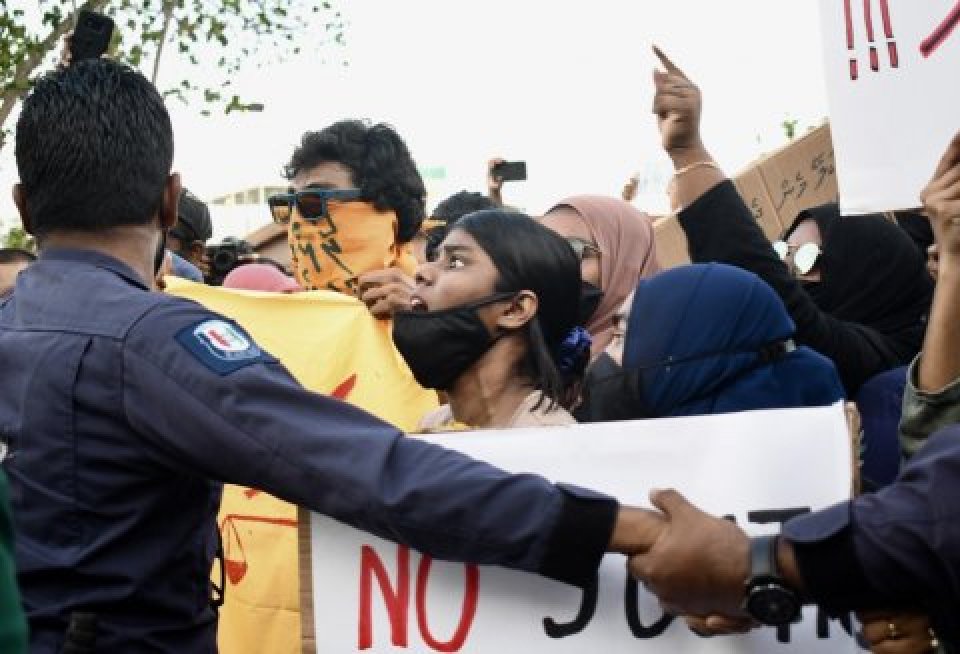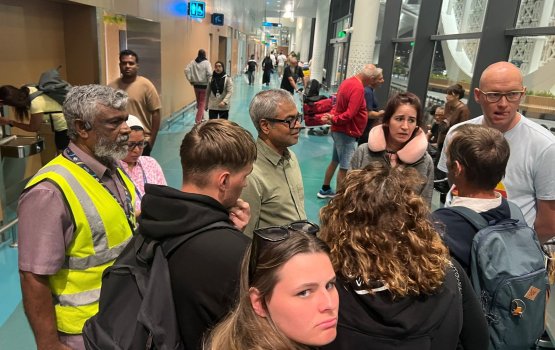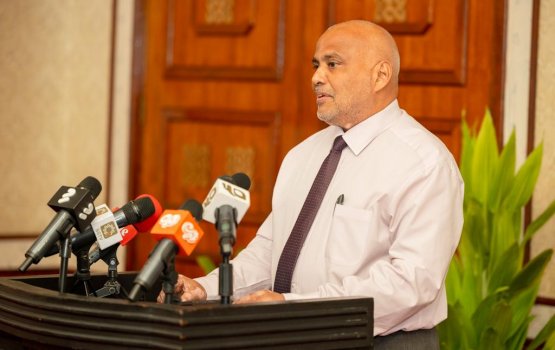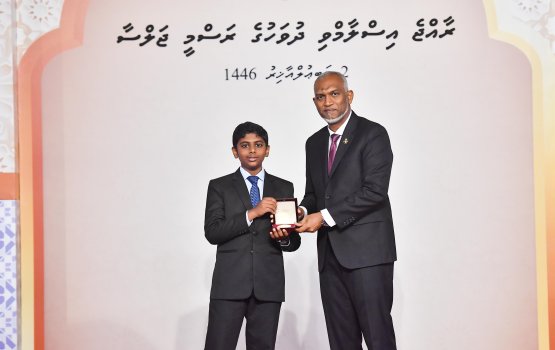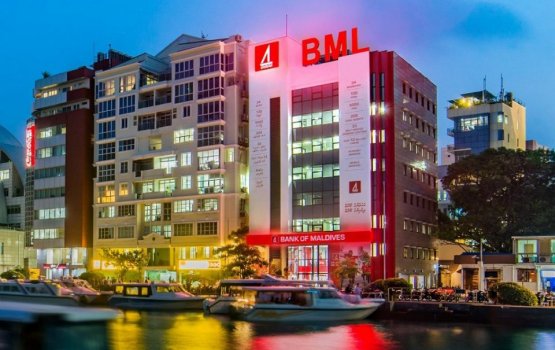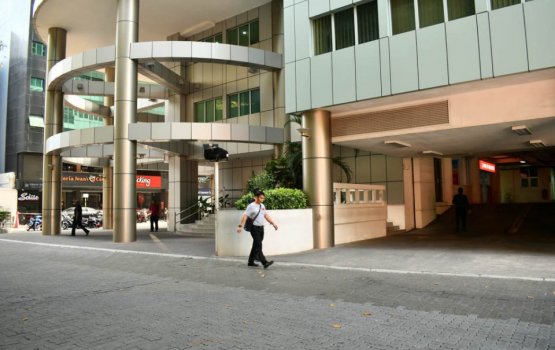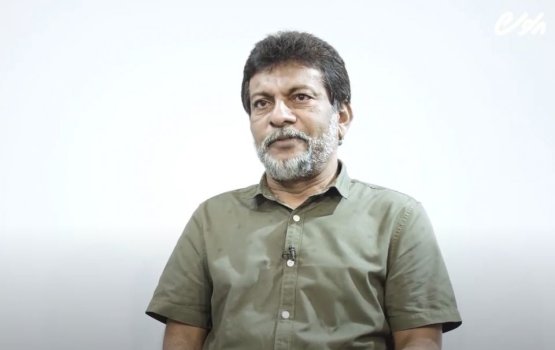The government might have eased the heavy restrictions it placed to quell the COVID-19 pandemic but the threat of the ravaging illness is far from over.
In the last 10 days, a total of 412 individuals have tested positive for COVID-19 in the country and most of them were locals.
Health authorities have also warned that the number of people visiting flu clinics and those requiring medical treatment after testing positive for COVID-19 have also risen in the last few weeks. Signs that the fight against the pandemic is far from over.
So when the government cited the rising number of cases to prohibit gatherings of more than 30 people and also decided that a written permission from police is required for organizations to hold rallies and gatherings in the capital city, suddenly it has 'impeached' on the freedom to hold peaceful assemblies as guaranteed by the constitution of the Maldives.
Many have voiced concerns over the government’s decision both locally and globally. While the main opposition PPM/ PNC coalition has said that the only reason the government is implementing these restrictions now is to prevent it from holding a mass rally it had originally planned for yesterday. The opposition has now postponed the rally without a date.
Although that really would have been a political event, recent demonstrations in and around Male’ have centered on social issues plaguing the country including migrant exploitation and sexual abuse of women and children in the country
While NGOs like Voice of Children have protested against gender-based crimes against women and the delayed justices pertaining to such crimes, recently migrant workers have demonstrated in the Male’ area demanding overdue pay from their local employers.
So, is the government’s decision a tactic to prevent the opposition from showcasing the support it has been amassing or preventing local advocates from voicing out legitimate causes of grievances in the country.
Global Rights defender Human Rights Watch thought so.
In its scathing statement, it pointed out that President Ibrahim Mohamed Solih came into power with the promise to abolish laws curtailing free speech and assembly, but now his ministers are resorting to the previous government’s old tricks to prevent protests.
Patricia Gossman, associate Asia director said that the Covid-19 pandemic has caused enormous challenges for the Maldives, but instead of hearing out these desperate migrant workers, the Solih administration is trying to silence them by restricting peaceful assembly.
The government in turn was quick to put out the potential fire by releasing a reassuring statement reaffirming its commitment to upholding the rights and freedoms enshrined in the Constitution and noted that the regulations on peaceful assembly are in line with current domestic and international legislation.
While it acknowledged the concerns from the international community, the Maldivian government hasten to remind it of the progress made in the past year - decriminalization of defamation, the lifting of restrictions on foreign journalists, ratification of long-delayed international human rights conventions, and the initiation of an extensive legislative reform agenda.
But with the country reopening its borders only this week, watchful eyes around the globe are probably eyeing the Island Nation skeptically.
The threat of COVID-19 is still very much present as seen by the alarming number of cases being reported but how far would the government go to protect the wellbeing of its citizens while also hindering their right to protest and demonstrate.
The line between protecting the rights of many while denying the freedoms of few is a thin one indeed.
But many who have crossed it will probably say that they wish they had chosen differently.

